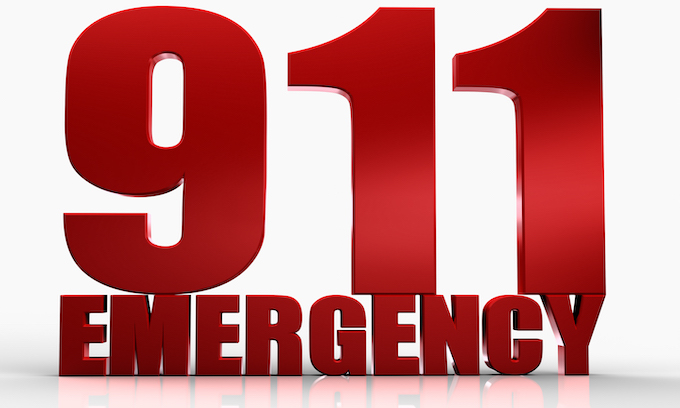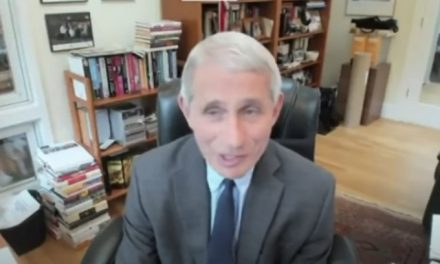NYC is getting some 500 calls a day to 911 for problems with emotionally disturbed people — but efforts to bolster the city’s emergency mental health response have slacked, according to a new report from Public Advocate Jumaane Williams.
The issue has come sharply into focus in post-pandemic New York amid widespread concern about the intersection between growing crime in the city and mental illness.
“The impacts of the pandemic on both our individual and collective mental health, the trauma incurred, have only heightened the need for systemic reform,” Williams wrote in the report. “The ongoing reckoning with how we define and produce public safety has also put a spotlight on the need to holistically address this crisis as an issue of health, rather than simply law enforcement.”
The report, which was released late last week and followed a similar one from 2019, found that while certain areas of the city’s mental health infrastructure have gotten stronger, others have remained stagnant — and even slid backward. The report called for an urgent response from the Adams administration in the face of the city’s mounting mental health crisis.
This year, the city has seen an uptick in 911 calls involving emotionally disturbed people. This year has seen an 8% hike so far, with the numbers around 131,200 as of this fall — roughly 500 per day, up from about 128,500 over the same stretch of 2021.
New York has seen downgrades in its response to mental health emergencies, the report found.
Instead of increasing crisis respite centers, which are treatment centers for people experiencing mental health emergencies that are alternatives to hospitals, their numbers have been cut in half. In 2019, there were eight respite centers in the city. Now, there are four.
The number of mobile mental crisis response teams also declined from 2019, from 24 to 19 teams across the five boroughs. Williams recommended that the hours of these teams expand and that the process of reaching them be streamlined into a direct three-digit phone number not associated with the NYPD.
The report called on the city to divert more mental health emergency responses to trained mental health and behavioral experts, rather than a traditional police response.
It also addressed the city’s B-HEARD program, originally designed to do just that. However, over the course of the pilot program’s first year, response times got slower, more people were hospitalized and police involvement in cases stepped up.
The report called for the city to make mental health professionals the default response to these emergencies, as well as improve dispatch training so more calls go to the appropriate teams.
“For individuals who are justice-involved and face mental health challenges, the answer is not additional policing nor involving law enforcement in the City’s mental health response,” Williams wrote.
The report did laud the city for expanding its number of drop-in centers from 5 in 2019 to 7 in 2022. Drop-in centers provide homeless New Yorkers with a variety of services including food and social workers. The Adams administration also increased the number of safe haven beds, which provide temporary housing with mental health and substance abuse support.
©2022 New York Daily News. Visit nydailynews.com. Distributed by Tribune Content Agency, LLC.
—-
This content is published through a licensing agreement with Acquire Media using its NewsEdge technology.



















U.S. Democrat Party ruled public schools and college campuses have been making “snowflakes” out of students and turning them into emotional and over-sensitive wrecks for decades. Now when these Snowflake Democrats confront any kind of opposition or difference of opinions that comes their way, they try to destroy anybody or anything that they don’t agree with. This is typical Democrat Party cult insanity.
THIS Is the result when you keep catering to the mentally disturbed…